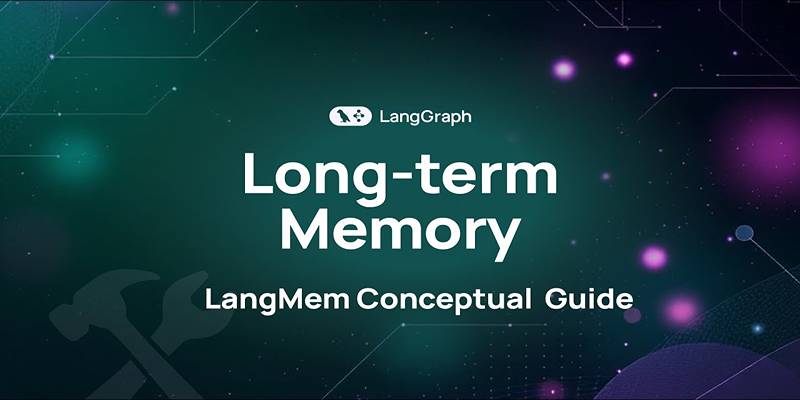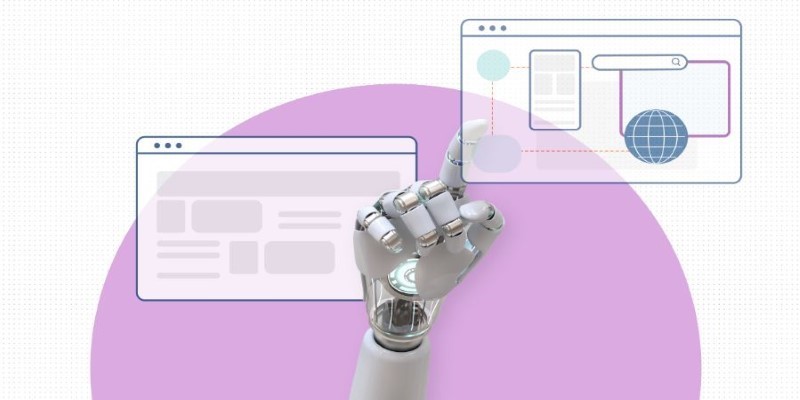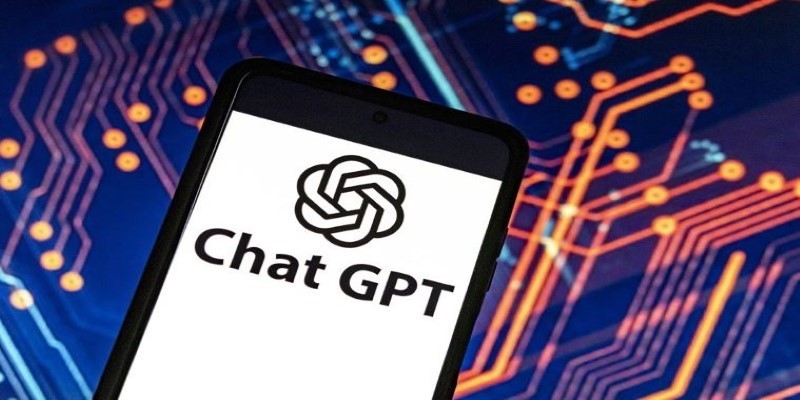In today’s fast-paced world, it’s easy to feel overwhelmed by the never-ending to-do lists that stack up each day. From personal errands to work-related tasks, juggling multiple priorities can make anyone feel like they’re constantly racing against the clock. But what if you could eliminate the stress of managing all those tasks and use technology to automate and streamline your to-do list?
With AI automation, it's now possible to manage and optimize your daily tasks, allowing you to focus on what truly matters. This article delves into how AI can help you tame your to-do list, making your day more productive and efficient.
The Power of AI in Task Management
Artificial intelligence has advanced significantly in recent years, and now it's being utilized to fix day-to-day problems that previously required manual intervention. Task management is one area where AI has had a big impact. AI-based tools can automate many parts of your to-do list, from task organization to reminders and prioritization. The best thing about AI is that it learns from your habits and preferences, so the more you use it, the better it gets.
For example, AI can automatically sort your tasks into designated categories, like work-related tasks, personal chores, or projects requiring sustained attention. It will even recommend the ideal time for you to accomplish these tasks based on your past patterns of work and levels of energy. Thus, AI not only assists you in keeping track of your to-do list but also turns it into your own customized agenda for the day.
Task Automation with AI
One of the best aspects of AI in task management is its potential to automate recurring and time-sucking tasks. With AI, you do not have to physically monitor deadlines, send follow-ups, or make changes to the status of your projects. Tools driven by AI can perform such tasks on your behalf, which will save you loads of time and brain power.

Consider using AI to automate scheduling. If you often find yourself going back and forth with colleagues or clients to find suitable meeting times, AI can step in. Tools like scheduling assistants can check your calendar and suggest open slots for meetings without requiring you to do the back-and-forth. These AI assistants can even send out meeting reminders and update your calendar, ensuring you never miss an appointment.
Additionally, AI can streamline communication. It can draft quick replies to emails or even auto-respond to frequently asked questions. This level of automation allows you to focus on more important or creative tasks without getting bogged down by administrative work. Over time, these automated systems become more intelligent, learning to improve the accuracy and tone of responses based on your preferences.
How AI Improves Task Prioritization?
One of the biggest challenges in managing a to-do list is determining which task to tackle first. AI-powered task management tools go beyond simply listing your tasks—they help prioritize them based on several key factors. These factors include deadlines, the time needed to complete a task, and your historical preferences for how you approach certain activities. By analyzing this data, AI can intelligently order your to-do list, ensuring that you focus on the most important tasks first.
For example, if you have a looming work deadline but also need to run personal errands, AI might suggest prioritizing work-related tasks. It can even recommend when to take breaks to prevent burnout, ensuring you stay energized and productive. Additionally, AI can detect when a task has been delayed and prompt you to reschedule or address it immediately, helping you avoid falling behind.
This personalized approach to task prioritization brings clarity and structure to your day. Even when your to-do list seems overwhelming, AI provides a roadmap, allowing you to focus on what truly matters. Instead of getting stuck in decision fatigue, AI helps you make thoughtful choices about where to invest your time and effort, ultimately boosting your productivity and making your workload feel more manageable.
Enhancing Focus and Productivity
AI doesn’t just help you organize tasks; it can also play a key role in enhancing your overall productivity by improving your focus. Many AI task management tools are designed to help you stay concentrated on your work by eliminating distractions. For instance, certain tools can block access to social media or other time-wasting apps, ensuring that your attention remains fixed on important tasks. Additionally, some AI tools offer a "focus mode," where you work in focused intervals, followed by short breaks—following techniques like the Pomodoro method. This structure encourages sustained focus and helps prevent burnout.

Another way AI enhances productivity is through task segmentation. Large or overwhelming projects can feel daunting, but AI can break them down into smaller, more manageable steps. Instead of tackling a project all at once, the AI divides it into individual tasks, making it easier to take one step at a time. This method helps reduce procrastination and builds momentum, making it easier to move forward with each completed task.
AI can also track your progress and provide visual representations of your work completed and what’s still on your plate. This visual feedback not only boosts motivation but also helps you analyze how much time each task takes. With this insight, you can adjust your schedule to become even more efficient, making the most of your available time.
Conclusion
AI automation offers an effective solution to tame your to-do list, transforming how you manage tasks and boosting your productivity. By automating repetitive tasks, prioritizing work intelligently, and enhancing focus, AI helps you stay organized and efficient. With continuous improvements in AI technology, task management tools become more personalized, streamlining your workflow further. Whether for work or personal errands, embracing AI automation allows you to reclaim valuable time and focus on what truly matters. With AI as your assistant, managing a busy schedule becomes a seamless and stress-free experience.











